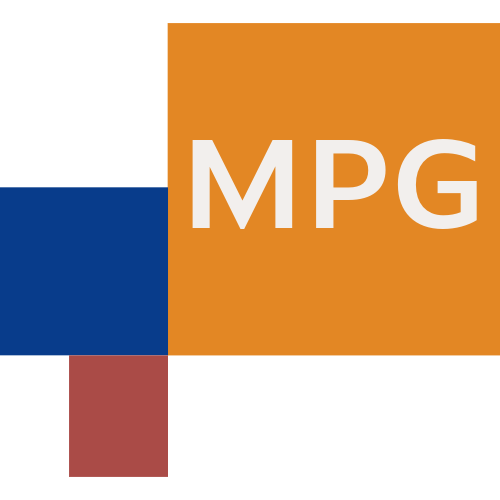menu
menu
Menu
cancel
- arrow_back_iosBacknavigate_nextpersonPersonal
- groupCommunities
- articleBlogs
- eventEvents
- sourceTemplates
- question_answerQuestions
- schoolLearning
- business_centerBusiness
- live_helpFAQ
What role do regulatory bodies play in the enforcement of ethical standards, and how do they balance the interests of the public with the rights of professionals and organizations?
How do ethical standards in a particular profession (e.g., healthcare, law, or journalism) ensure accountability and transparency, and what are the consequences for violations?
What measures can be taken to manage and mitigate stakeholder resistance or opposition to change, ensuring a positive outcome for both the organization and its stakeholders?
How can communication channels be optimized to ensure consistent, transparent, and two-way communication with stakeholders throughout the project lifecycle?
What strategies can be implemented to effectively identify and prioritize stakeholders in a complex project, ensuring that their needs and expectations are appropriately addressed?
3. **What are the common challenges organizations face when developing or updating their compliance programs, and what best practices can be adopted to overcome these challenges?
2. **How does a compliance program influence organizational culture, and what strategies can be employed to promote employee engagement and adherence to compliance standards?
**What are the key components of an effective compliance program, and how can organizations ensure these components are implemented and maintained consistently?
3. **In what ways can technology improve transparency and accountability in public and private sector operations, and what are the potential risks associated with these technological solutions?
2. **What are the most effective mechanisms for ensuring accountability in government and corporate sectors, and how can these mechanisms be enhanced?
